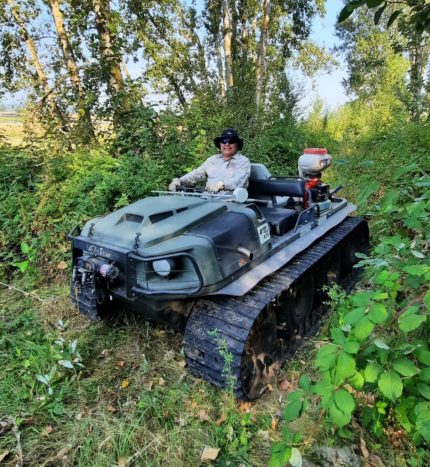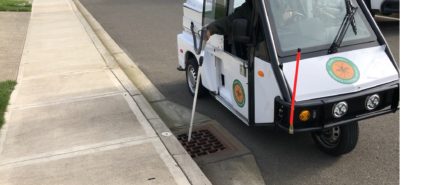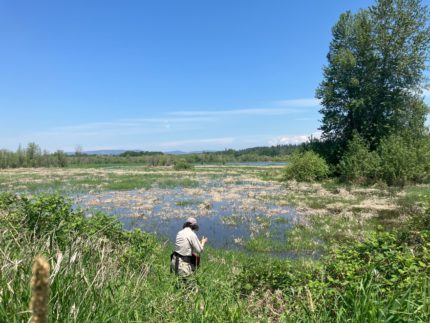Work with us
We are hiring!
Check back soon!
Mosquito Fact
All mosquitoes like water because mosquito larvae and pupae live in water with little or no flow. This is why you find mosquitoes most often near areas such as marshes, ponds, and along river banks.

Mosquito Fact
Mosquitoes mean nothing personal when they take your blood. Female mosquitoes need protein for their eggs and must take a blood meal in order to reproduce. Because males don't bear the burden of producing young, they'll avoid you completely and head for the flowers instead. When not trying to produce eggs, females are happy to stick to nectar, too.
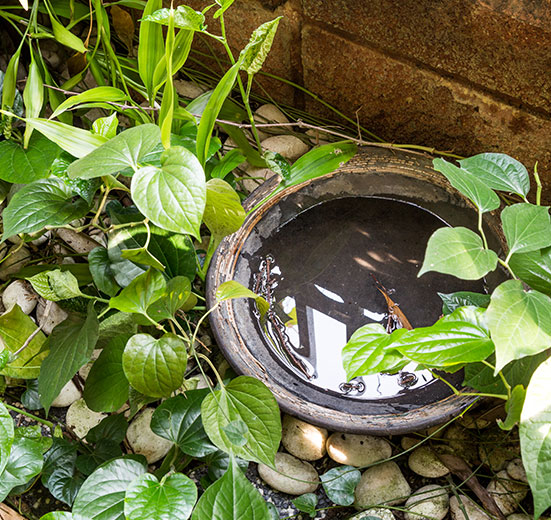
How many species of mosquitoes are in Washington State?
We have 40+ different species of mosquitoes in Washington State. The largest increase is in floodwater mosquitoes, or Aedes vexans, a species known for its residence in soil above the waterline of aquatic areas.
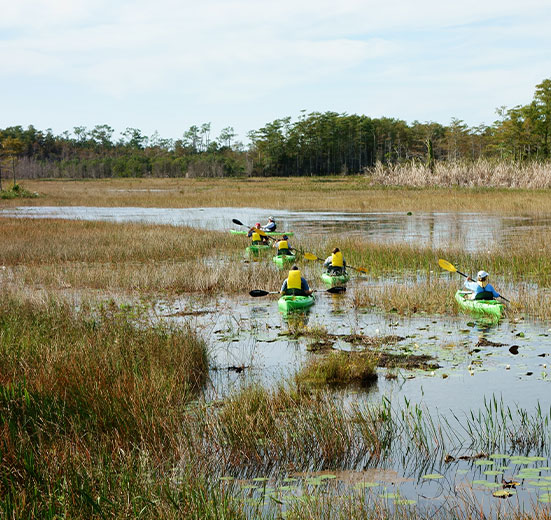
What can homeowners do to reduce mosquito bites?
If possible, schedule your activities to avoid the times when mosquitoes are most active - usually dawn and dusk. You should also dress in light, loose-fitting clothing. If you have a deck, try lighting it using yellow lights instead of incandescent lights and use fans to keep mosquitoes, who are weak fliers, away.
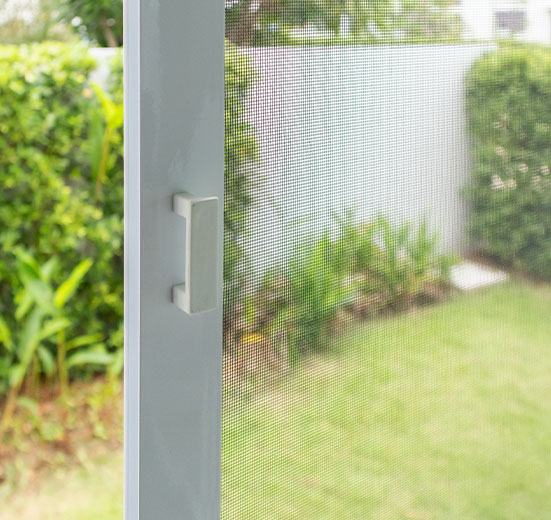
Our office hours are Monday – Friday 7:00am – 3:30pm.


